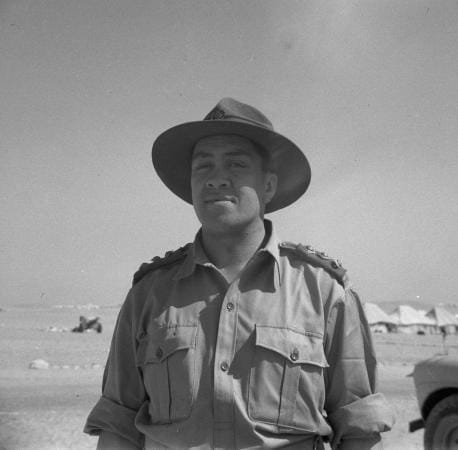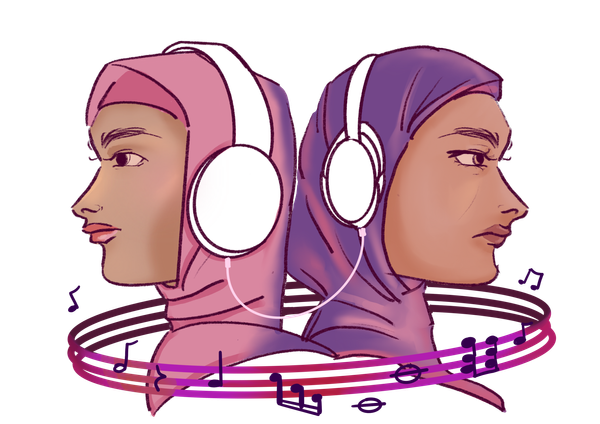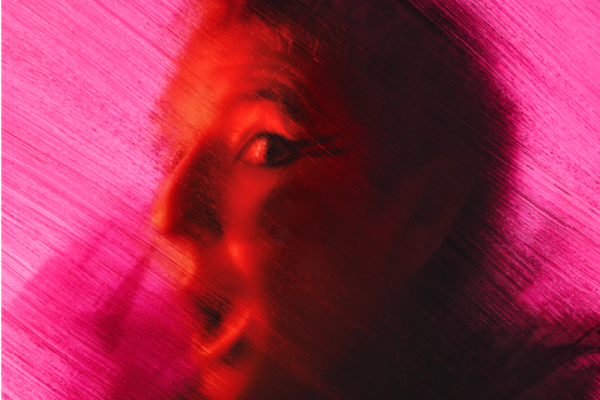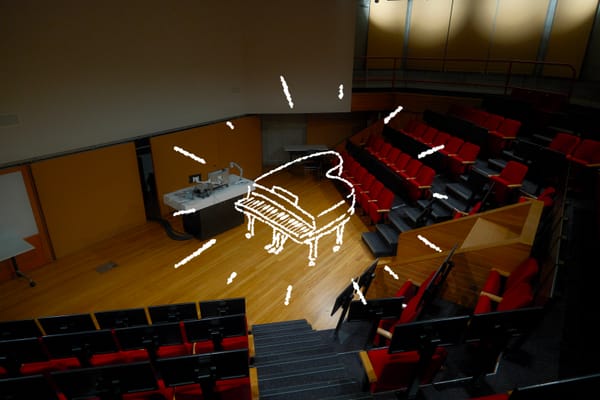The Māori Battalion Vet who wrote Tūtira Mai Ngā Iwi
On this ANZAC Day, I thought I'd put together a short article spotlighting one of our WW2 veterans, Wiremu Te Tau Huata CBE QSO MC, who made a remarkable impact on our culture ahead of NZ Music Month.

While conscription or compulsory military training or service hasn't been in place in Aotearoa since the late 1950s, the threat of conflict remains ever-present and ongoing globally, so we must remember the sacrifices of those who went before us made for the peace we enjoy today so that we are free to go to university, study, and have the freedom to express ourselves and our identities.
On this ANZAC Day, I thought I'd put together a short article spotlighting one of our WW2 veterans who made a remarkable impact on our culture ahead of NZ Music Month. Even the biggest international artists, like Harry Styles and Billie Eilish, have covered his work. Of course, I am talking about Wiremu Te Tau Huata CBE QSO MC.
Like many of his generation who served in WW2, Huata was born during the Great War in 1917. Raised in the small town of Mōhaka, named after the river that runs through the middle of Te Matau-a-Māui (Hawkes Bay). He was drawn to theology at school and by 1940 was an Anglican priest.
In 1943, Huata joined the army and served in the North Africa and Italian campaigns in the Māori Battalion as a chaplain, providing critical spiritual support for the soldiers facing death daily. Aside from being the captain of the battalion's rugby team, he also organised musical performances. Huata's time in Italy made a strong impression on him, as he learnt to speak the language and relished Italian folk music. The linguistic mix of Italian and Te Reo Māori resulted in a cute tale from the allied occupation period, where Māori soldiers would greet the local Italians with "Kia ora!", to which they would look at their watches and respond with the time, thinking they had asked them "Che ora?" (What's the time?).
Much more could be said about Huata's massive presence in his communities throughout the rest of his life after his service (read more here). A particular highlight was his involvement in the 1990 documentary about the Māori Battalion during WW2, where he and other veterans revisited battlegrounds, towns and memorials throughout the Mediterranean where they fought in their youth.
I was made aware of this documentary after attending UOA's Taumata Awards, as distinguished alumnus Taualeo’o Stephen Stehlin MNZM was involved in the production. You can watch the clip below, but about an hour into the documentary, you can see Huata performing and teaching Tūtira Mai Ngā Iwi to some Italians who lived through WW2.
Tūtira mai ngā iwi,
tātou tātou e
Tūtira mai ngā iwi,
tātou tātou e
Whaia te maramatanga,
me te aroha - e ngā iwi!
kia tapatahi,
kia kotahi rā
Tātou tātou e
This was my lightbulb moment when I realised the connection between the song all Kiwi school kids know just as well as our national anthem, and the Huata, the WW2 veteran. Indeed, Huata is the songwriter behind Tūtira Mai Ngā Iwi, who came up with the tune to sing with his kids while driving. Because Huata had such a strong community presence throughout the central Te Ika-a-Māui (The North Island) via his work in the church (aided by the catchiness of the tune), Tūtira Mai Ngā Iwi spread far and wide, eventually being canonised by the Ministry of Education as a waiata for school children to learn in the 1960s (albeit with incorrect lyrics).
The rest, of course, is history. Mihi to Huata for leaving us with the immortal tune of Tūtira Mai Ngā Iwi and his descendants for blessing our country's adoption of the song. Aotearoa needs to listen to the message of Tūtira Mai Ngā Iwi's lyrics, which call for unity now more than ever.
They shall grow not old, as we that are left grow old:
Age shall not weary them, nor the years condemn.
At the going down of the sun, and in the morning,
We remember them.
E kore rātou e kaumātuatia
Pēnei i a tātou kua mahue nei
E kore hoki rātou e ngoikore
Ahakoa pehea i ngā āhuatanga o te wā
I te hekenga atu o te rā
Tae noa ki te arangamai i te ata
Ka maumahara tonu tātou ki a rātou
Ka maumahara tonu tātou ki a rātou





